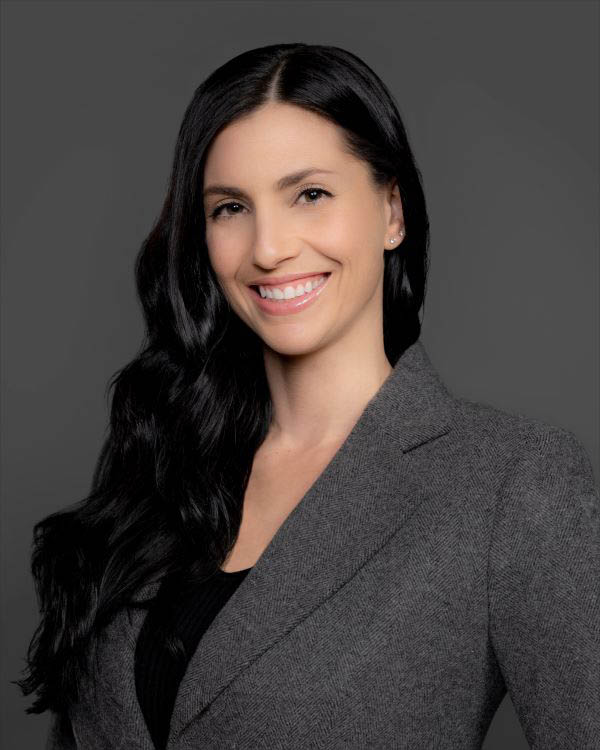Natalie Louis

How did you get into sustainability?
Initially, I wanted to join the dietetics program at San Diego State because I’m interested in food science and nutrition. I later on decided to switch my major to another passion of mine, sustainability. I value sustainability practices in my own life, and I really wanted to be able to make an impact on a larger scale. I love traveling, nature, and spending time outdoors, so the well-being of our planet is critical to many of the things that I love and appreciate in life. Switching my major to sustainability felt like the right decision. Now, nutrition and food is more of a hobby for me, and after getting my sustainability degree I have been able to find my place in the sustainability field where I feel I am truly supporting sustainability impacts on a larger scale.
For those who don’t know, what is The Energy Coalition? Could you also describe your work with them?
The Energy Coalition is a non-profit organization. We work on energy efficiency projects with public agencies such as cities, counties, water districts, and school districts. I support the SoCalREN Program. We contract with engineers, work with utility companies, and provide project management support to various public agencies with energy efficiency projects helping them implement energy efficiency measures at their facilities such as lighting retrofits, HVAC, various process optimization measures, etc. SoCalREN supports the project delivery process from start to finish, engineers perform audits and support technical deliverables, and we work with utility companies to help agencies capture rebates and incentives. TEC also has an education and workforce development team. They work with grades K-12 by going to schools and educating them on sustainability.
What is your favorite part about your job?
I feel that the work I am supporting is impactful. The scale of the projects we are doing with 200+ public agencies is exciting. I work as a project coordinator, in a collaborative environment and I really enjoy the people that I work with that are all so passionate about sustainability. We use Slack as our internal communication platform, and we share many different channels to talk about various topics like environmental justice, environmental news and current regulations, etc. I really enjoy interacting with and learning from like-minded people who share a passion for the environment.
Do you have any advice for students who are about to graduate?
My advice would be to soak in all the knowledge that you can. In my job, there are people coming from all different disciplines. Some people of my colleagues joined the company without a sustainability background but with project management experience. I’m somebody who came in with sustainability knowledge but not any project management knowledge. Collectively we bring different bodies of knowledge to the table and learn from each other. Be confident in the knowledge that you have learned and be eager to learn more from others. You will have the opportunity to share your knowledge with others and vice versa.
What was the most valuable class, skill, or lesson you learned at SDSU that has helped you in your career?
Being a student really helped me with organizational, research, and problem-solving skills. Especially when starting a new position in a new field, you have to problem-solve and be resourceful, which we have to do a lot as students. These skills are definitely transferable in the professional world.
What actions can students take to further the clean energy and energy efficiency transition?
Those of us who are studying sustainability are well aware of the environmental issues plaguing us, while other people may not have this exposure. I think that a lot of people care about the environment, but they might not be as aware. Since we are studying environmental issues and solutions, it is our duty to spread the knowledge and encourage others to act!
